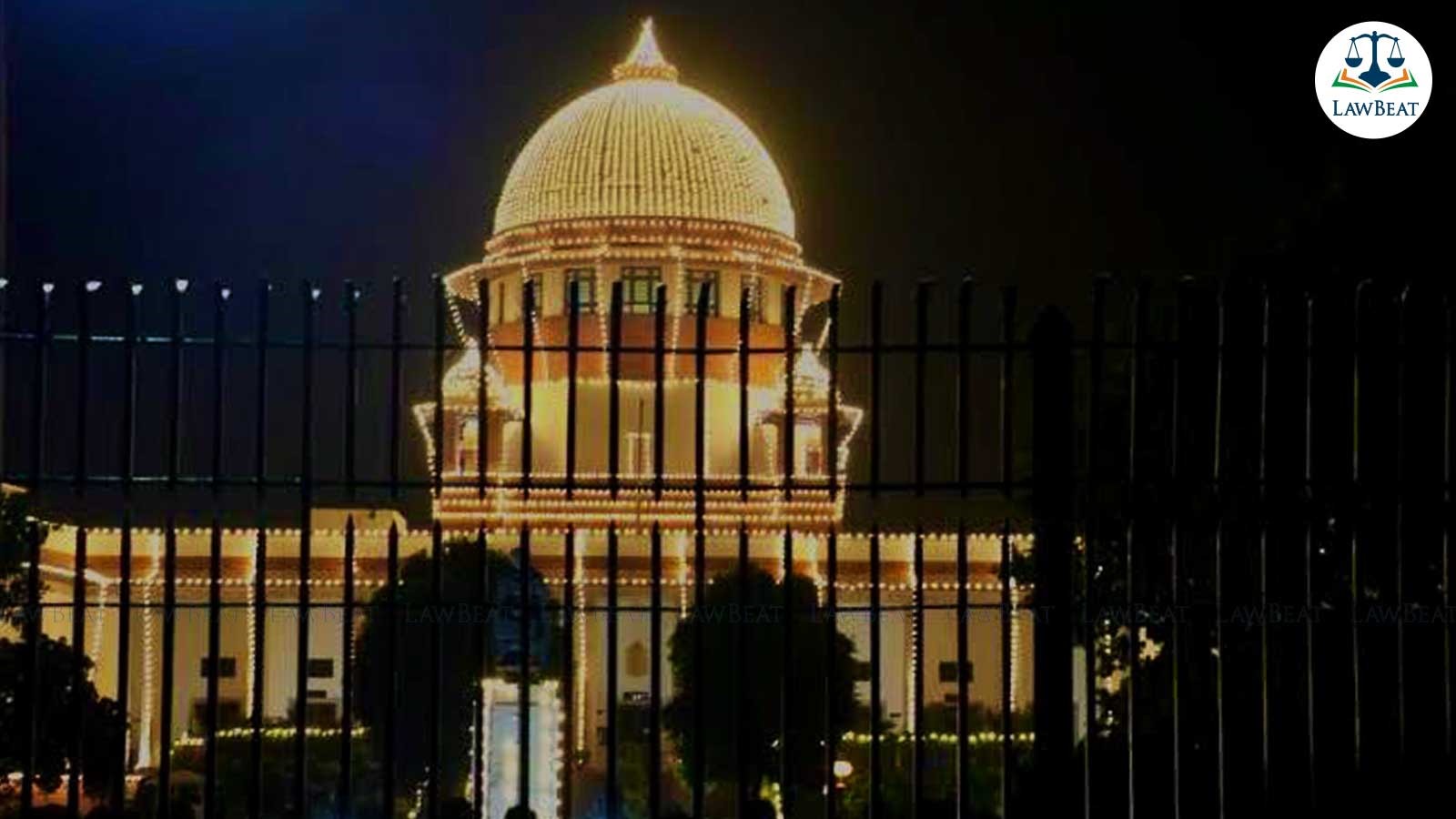'Lived together for 43 days in past 22 years,' SC dissolves marriage of doctor couple

SC bench noted parties are in their early 50s now and have built independent lives
The Supreme Court has dissolved the marriage of a doctor couple on account of irretrievable breakdown of marriage, having noted that they lived together for a total of 43 days in the past 22 years and their actions have resulted in demolition of their matrimonial bond beyond repair.
A bench of Justices Vikram Nath and Satish Chandra Sharma also declined any permanent alimony as both the parties are professionally qualified medical doctors and have sufficient and equal earnings.
"The marriage has ceased to exist both in substance and in reality. The relation has even taken a sour taste as the families of parties have also developed rivalries. The act of respondent-wife to lodge a missing complaint against appellant after the delivery of impugned order is also indicative of the bitter relation between the parties," the bench said.
Acting on a plea by the husband, the court set aside the Allahabad High Court's judgement of 2019 which allowed the appeal by the wife and quashed the decree of divorce granted by the Family Court, Meerut in 2006.
Going by the factual details and hearing the parties, the bench said this is a fit case to exercise powers conferred on this court under Article 142 of the Constitution.
It pointed out a Constitution Bench of this Court in Shilpa Shailesh v. Varun Sreenivasan (2023) has held that this Court has the discretion to dissolve the marriage on the ground of irretrievable breakdown of marriage in order to do ‘complete justice’ to the parties, even if one spouse opposes such prayer.
"In the present case we are convinced that the marriage has failed completely and there is no possibility of parties living together and thus the continuation of further legal relationship is unjustified," the bench said.
The court noted husband and wife have lived together on their own will for hardly 23 days since marriage. They further lived together for 20 more days from June 15, 2005 to July 05, 2015 as Sessions Court passed order for conciliation.
"Thus, in total the parties have not lived together for more than 43 days. The respondent left her matrimonial house within the first month of marriage. The period of separation has been more than 22 years. The possibility of parties living together is further reduced as parties are in their early 50s now and have built independent lives," the bench felt.
Further, the court noted, the parties have fought multiple legal battles against each other since 2002 itself with six cases filed against each other, including criminal cases. The respondent had filed a criminal case against the appellant and his family members where they were arrested although subsequently discharged and acquitted.
Although the respondent-wife claimed that she is willing to live with the appellant believing in the sanctity of marriage, her actions are not in consonance with her claim, the court added.
"In this long period of 22 years, there was no one to stop her from living together with the Appellant. The mediation and conciliation proceedings have failed," the bench said.
The appellant-man, on the other hand, stated that the claim of willingness to live together is falsely projected claim before the court of law only to mislead the court, delay the proceedings and harass him.
"Considering the long separation period of 22 years, lack of existence of marriage between the parties and the sour relations developed due to continuous legal battles, we deem this case to be fit for exercise of extraordinary powers conferred under Article 142 of the Constitution," the bench said.
The bench also relied upon Rajib Kumar Roy vs Sushmita Saha (2023) in which this court exercised the power conferred under Article 142 of the Constitution by dissolving the marriage between parties who were living separately for 12 years.
The court finally allowed the appeal against the High Court's order.
